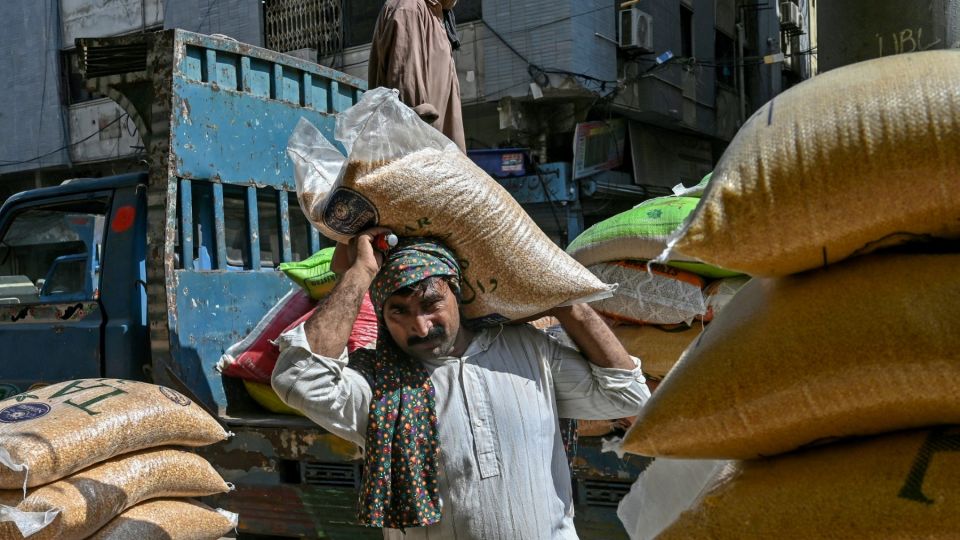November 26, 2025
ISLAMAABD – Despite running its 24th programme chiefly with the Ministry of Finance (MoF), the International Monetary Fund (IMF) is still dissatisfied over Pakistan’s weak financial management, cash monitoring and accountability for public resource allocation and has demanded improved fiscal management and transparency in Single Treasury Account (TSA) flows to minimise misuse of taxpayer money for individual and political whims.
“Despite some improvement in the last two years, Pakistan has consistently struggled with weak budget credibility, which has generated several macro-critical governance weaknesses … there are a number of shortcomings in public investment management resulting in failure to protect funding for approved projects over the project life cycle and major project delays and cost increases in projects”, said the IMF in its Governance and Corruption Diagnosis Assessment (GCDA).
It demanded immediate steps, within three to six months, to enhance cash management by implementing the overarching sectorisation exercise to unify decision-making around TSA institutional coverage, while also improving analytical capabilities and adopting a forward-looking approach to cash forecasting.
It said the situation was compounded by a weak TSA framework without a firm institutional coverage decision that undermined effective control over the government’s cash balances. “The current set-up in debt management involves multiple entities with overlapping roles and responsibilities, which complicates decision-making and coordination”, it said, elaborating that mechanisms for monitoring and accountability were weak, including in the management of financial and non-financial assets, and state-owned enterprises. “Institutions that use budgetary resources but are designed to operate outside of standard fiscal accountability constraints undermine other state institutions and increase corruption risks”, it said.
Moreover, fiscal and economic governance vulnerabilities reflect a persistent gap between formal policy and actual practice, creating space for the misuse of public authority for private gain. Parliamentary oversight of spending is weakened by substantial differences between approved budgets and actual expenditures. For example, the National Assembly approved Rs9.4 trillion in expenditure overruns in 2024-25, five times higher than the previous year.
On top of that, constituency development funds under the direct control of legislators further skew capital investments and complicate oversight. “Current arrangements for cash management, debt management, and the management of state financial and non-financial assets remain insufficient, providing officials with substantial discretion”.
The fund noted that a weak TSA framework without a firm institutional coverage decision undermined effective control over the government’s cash balances, leading to inefficiencies in the use of public funds and weakening overall budget authority. Without centralised oversight, fragmented cash holdings across various accounts can result in idle balances that are not optimally utilised for government priorities.
“Moreover, the lack of transparency raises concerns about potential foregone interest revenue for the federal budget. It remains unclear who benefits from the interest earned on accounts held by federal government entities in commercial banks, and whether such earnings are captured in the national budget”, said the IMF and emphasised that addressing these gaps was essential to strengthen fiscal discipline, reduce corruption vulnerabilities, and enhance the efficiency of public financial management.
It acknowledged that the MoF had set up the institutional framework for cash and debt management, but the implementation of the framework has been weak in practice. It said the legal changes over the years required a high-level Cash Coordination Committee (CCC) and a Cash Forecasting Unit (CFU) at the MoF to consolidate external commercial borrowing and domestic wholesale borrowing functions. The CFU was currently not operational as it was not staffed, and CCC met on an ad-hoc basis with long intervals rather than monthly as intended, and did not align with the principle that it should be systematically assessing cash forecasts and reviewing the cash buffer policy, constraining the effective borrowing programme.
Pointing to weak budget controls, the IMF said that several stages of the expenditure process were carried out manually and are not presently captured in the Financial Accounting and Budgeting System, presenting governance vulnerabilities in budget execution.


